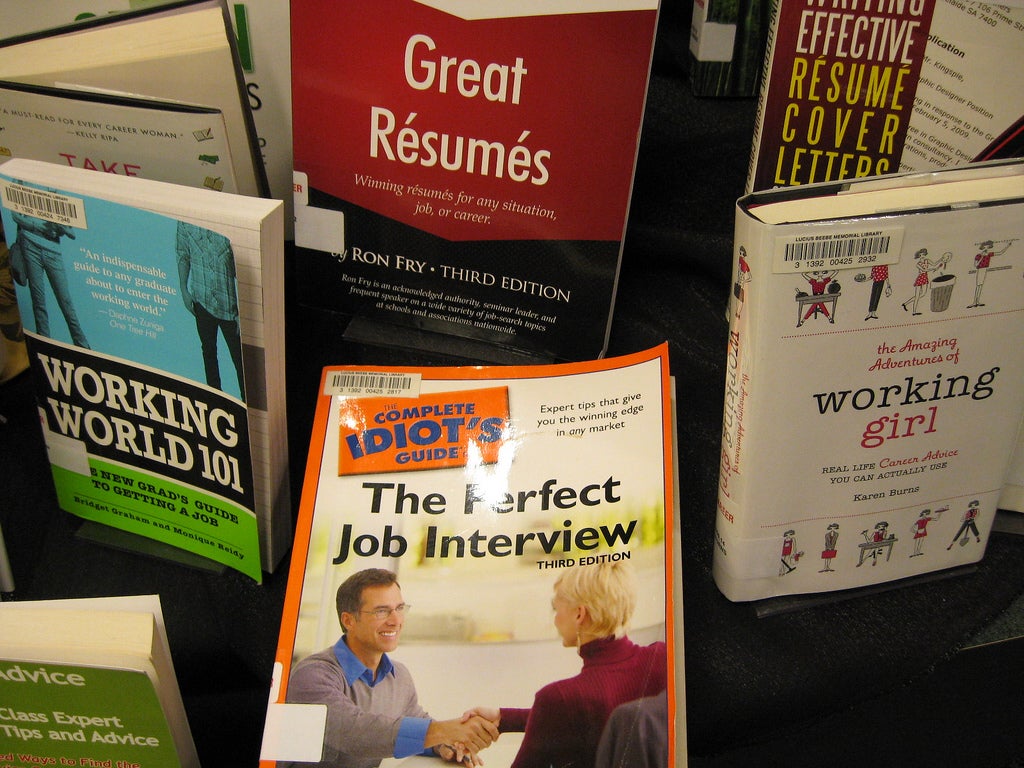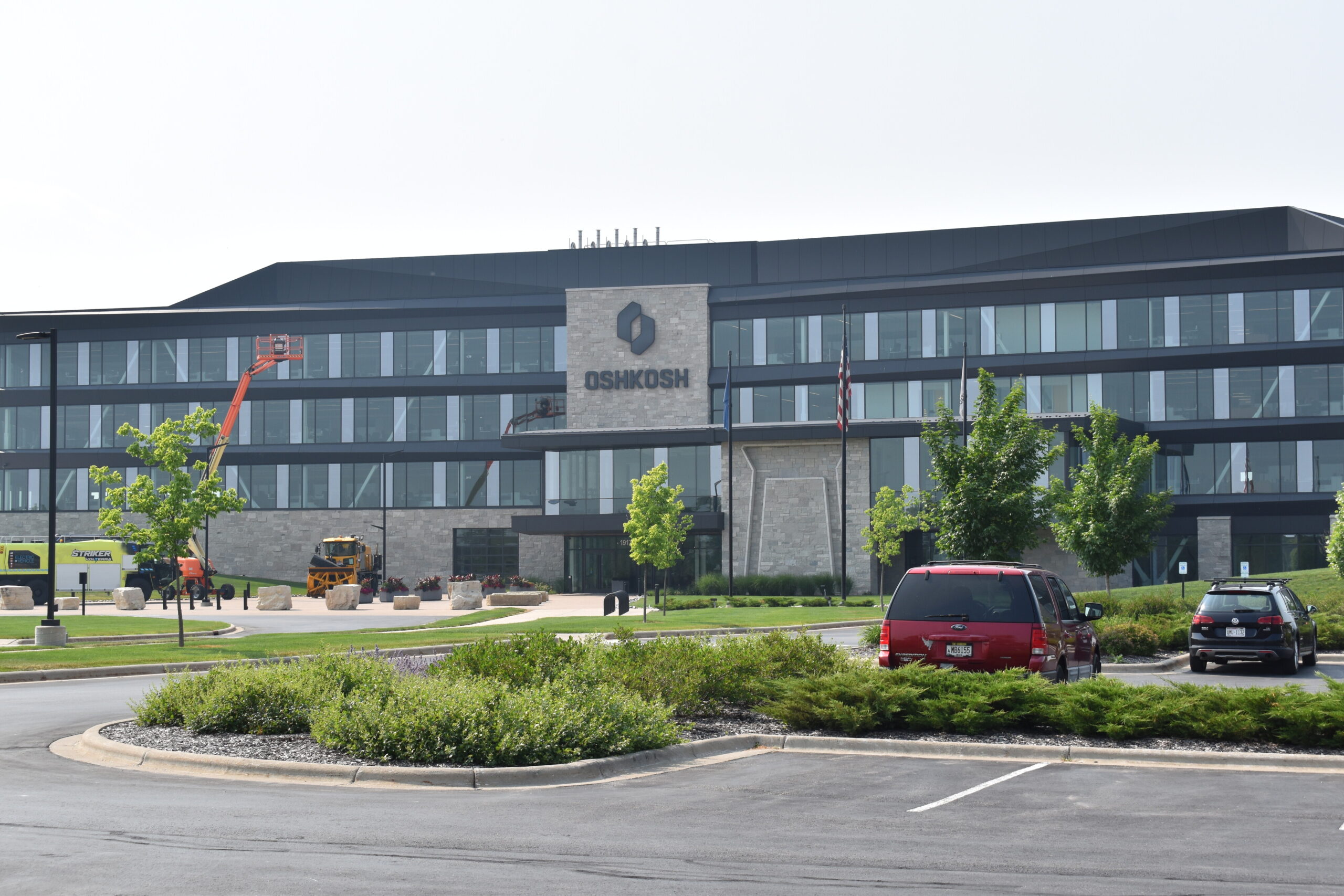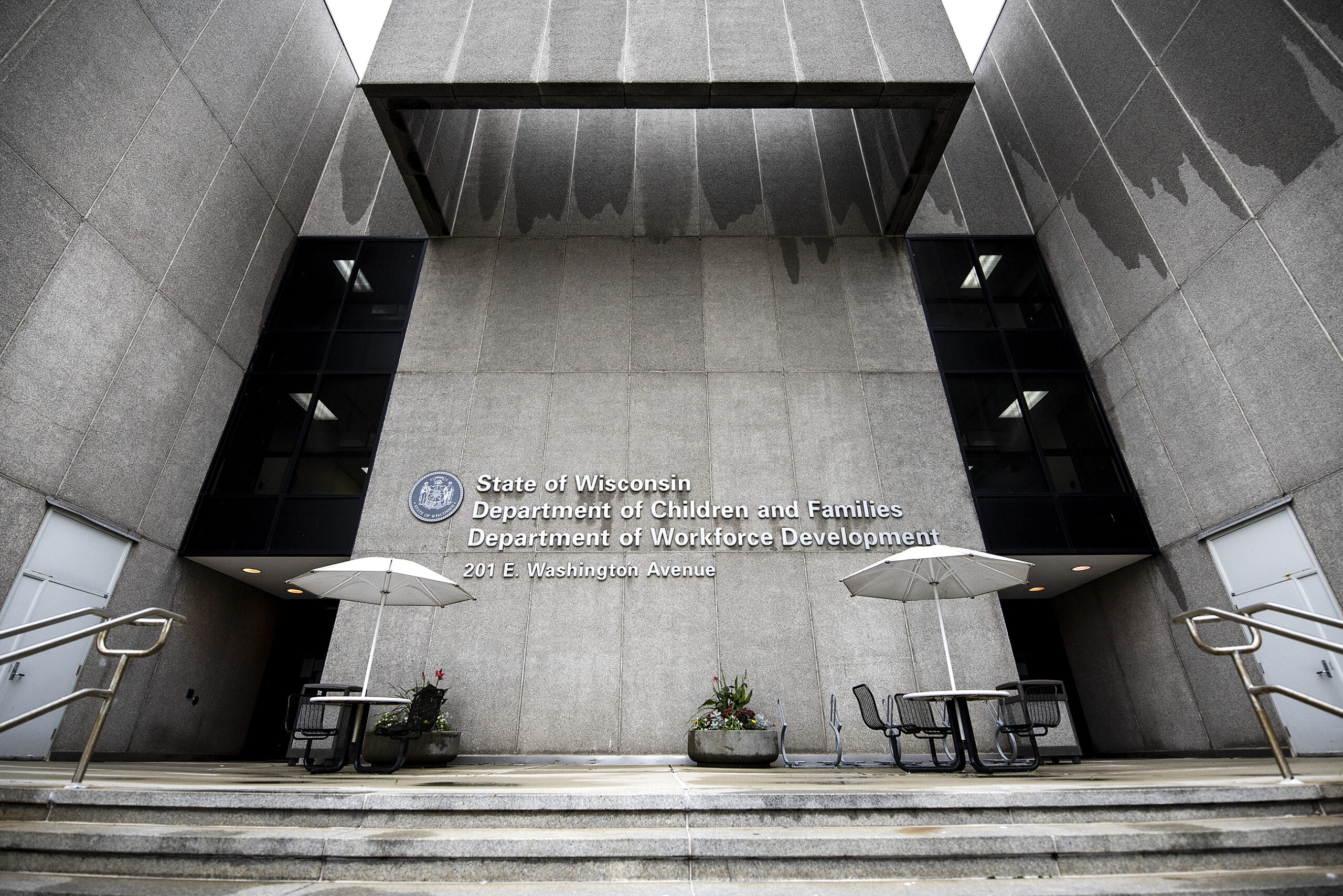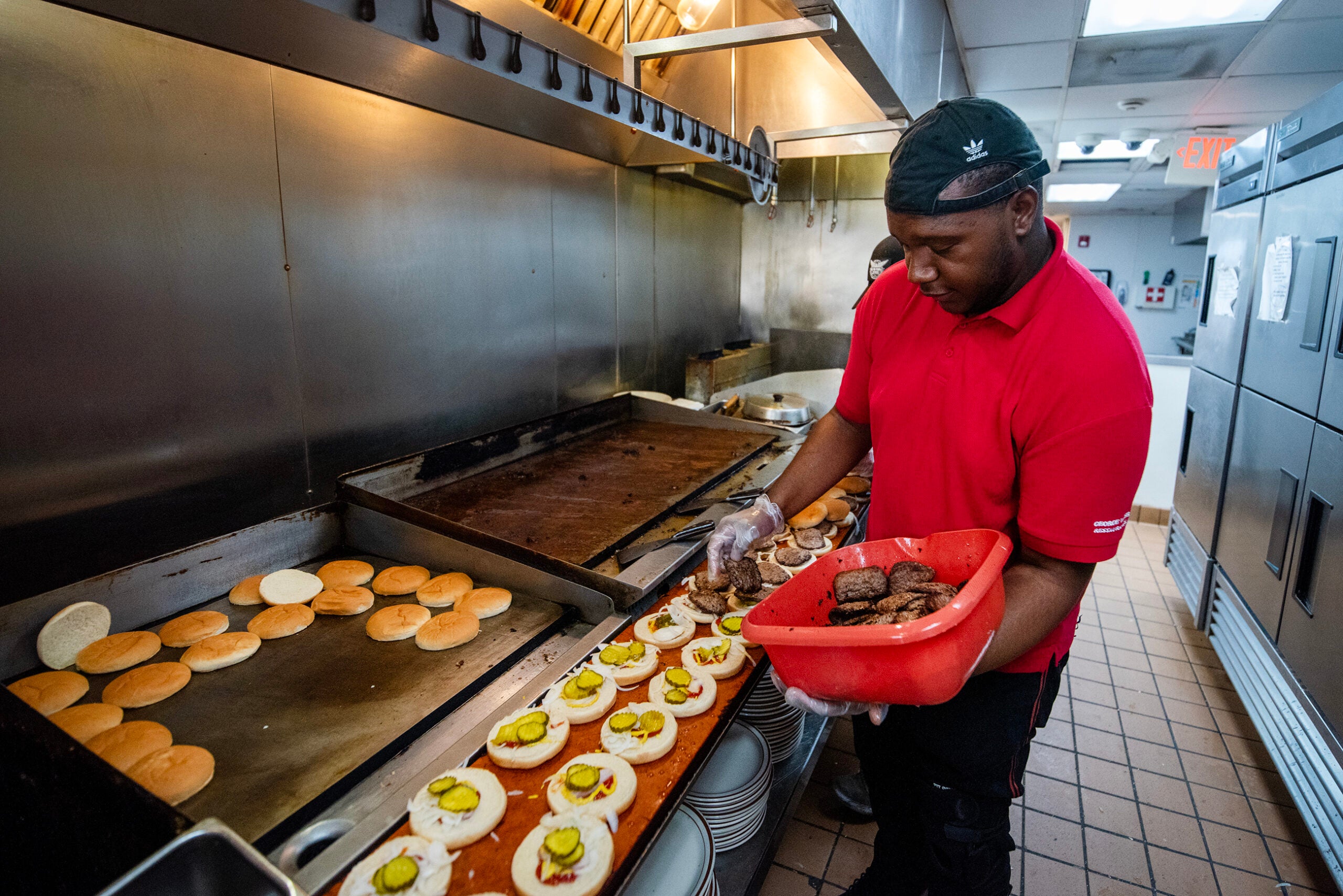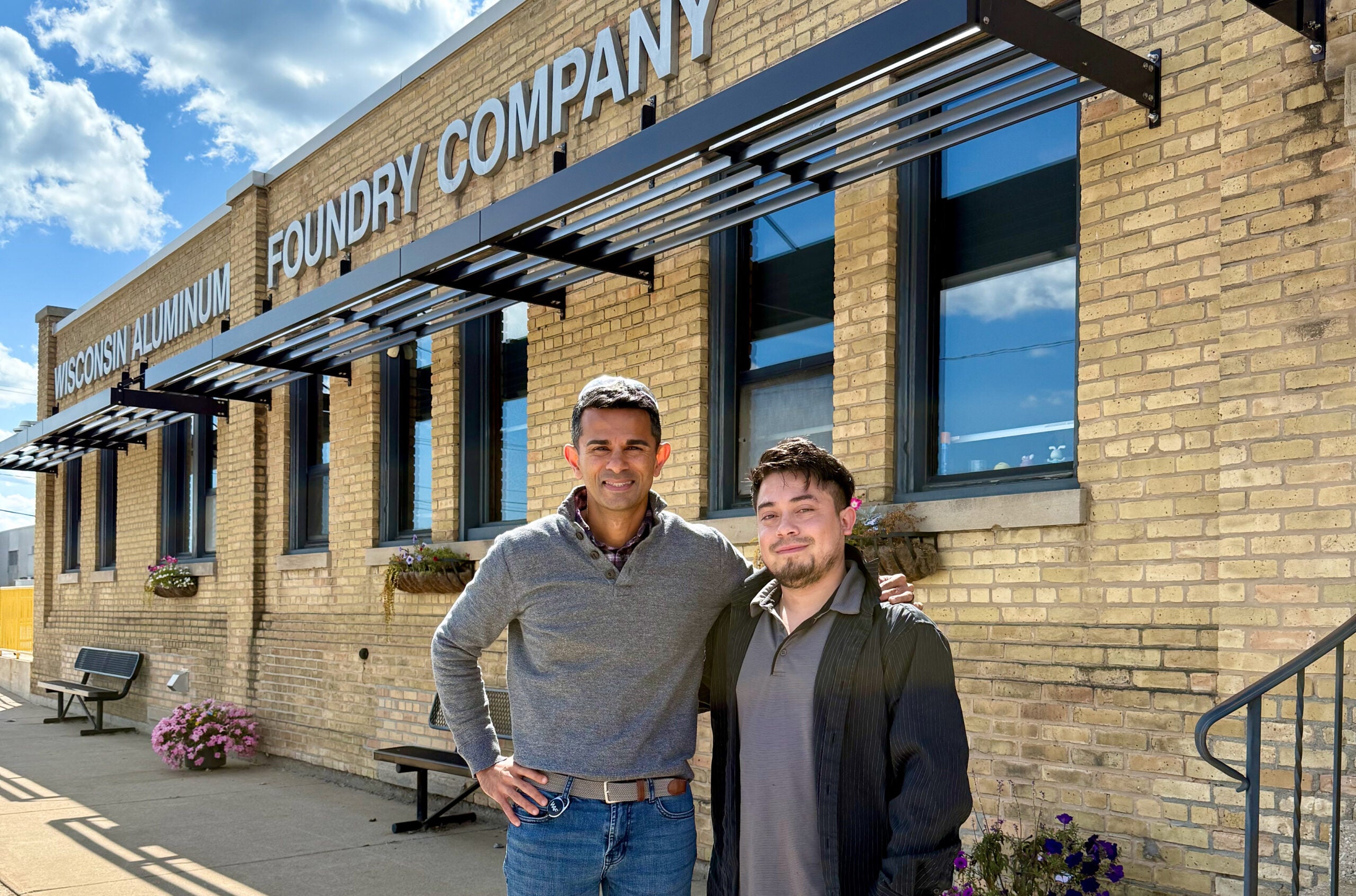Editor’s Note: This article is part five of a WPR News series on long-term unemployment.
There’s an expectation that if a person works hard and stays loyal to their employer, they’ll eventually be able to retire. For some in Wisconsin nearing retirement age, though, that goal is being cut short. Thousands of people 45 years and older are considered “long term unemployed,” and are facing extra challenges their younger job-seeking counterparts do not.
Les Pintock has a degree in microelectronics. In 1999 he was hired by a company called Celestica in Chippewa Falls to inspect microchips. He says he noticed workflow slowing down and small groups of people getting laid off in the early 2000s.
News with a little more humanity
WPR’s “Wisconsin Today” newsletter keeps you connected to the state you love without feeling overwhelmed. No paywall. No agenda. No corporate filter.
“From a personal perspective it started to get pretty worrisome,” Pintock said. “And then one day in spring of 2004 they came and said, ‘Yep, we’re being shut down.’ That was that.”
Pintock, now 60 years old, hasn’t had a full time job since.
Two businesses he started failed, and last month he filed for bankruptcy to keep his house. He says he’s sent out hundreds of resumes and even worked with employment agencies. Those efforts led to interviews but no call backs.
With the help of a federal program, Pintock went back to school learning to drive semis. He hopes that will land him a job in North Dakota’s oil fields. “I never thought this would happen,” he said. “Right now I need this job so bad that if it doesn’t happen, if they dismiss my chapter 13 — which means I lose my truck, and I don’t have much else of value anymore — then goes the home and the bank would be just as happy as all get-out for that to happen.”
Pintock isn’t alone. According to the Bureau of Labor Statistics, the current unemployment rate for people between the ages of 45 and 64 is around 4.5 percent. That’s less than the overall employment rate, but for the people behind those numbers — the ones closing in on retirement age — it’s earth shattering.
Ed Stienacker is an employment and training specialist at the Wisconsin Job Center in Eau Claire. He says about half of the people he sees come through the door are more senior workers who have been laid off.
“Our participants do appear to be older, whatever our definition of older is,” he said. “Individuals start sharing with me, they wonder, ‘Is it my age?’ right around the age of 50, sometimes as young as 45.”
Steinacker says people of all ages can have trouble looking for jobs, but the older one gets the more stigmas they face.
“The bottom line is: it’s a tough economy, tough looking for work,” he said. “It may not be my age or employers may have a perception, have I kept up with my skills? Am I more costly? Perhaps employers might think they’re going to be paying a higher salary and get the label overqualified.”
Even going back to school has its challenges for people in this age group. Cindy Lindner enrolled at Wisconsin Indianhead Technical College after her manufacturing job in Osceola was moved to Mexico in 2012. Her computer skills aren’t on par with her 18- and 19-year old classmates, and she struggled with online classes. “It was very humiliating for me,” she said, “because I didn’t know what I was getting myself into and I had no idea what I was doing.”
Lindner says being back in college at age 50 has been overwhelming at times, but she’s excited for the future.
“It’s my dream, it’s always been my dream to be able to work someday with people and to be able to get up in the morning and know that I’m actually going to love my job because this is what I’ve always wanted to do,” she said.
Lindner will graduate in May with a degree in human services: something she says she couldn’t have done while working full time in a factory.
Wisconsin Public Radio, © Copyright 2025, Board of Regents of the University of Wisconsin System and Wisconsin Educational Communications Board.

